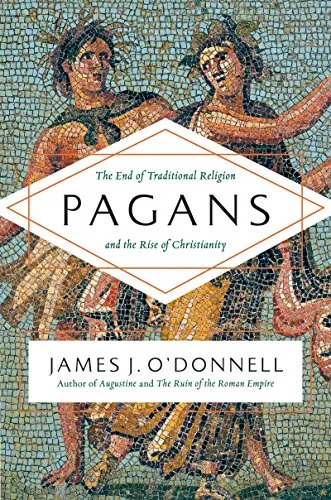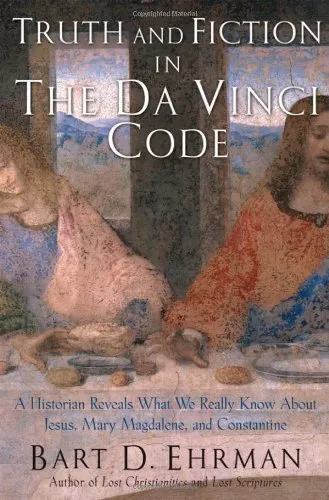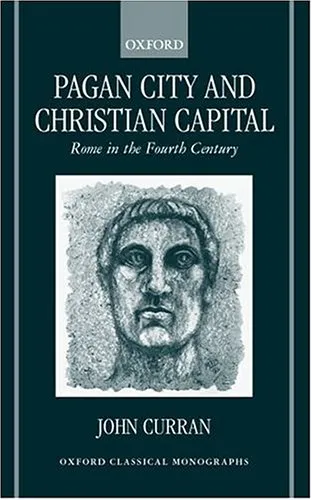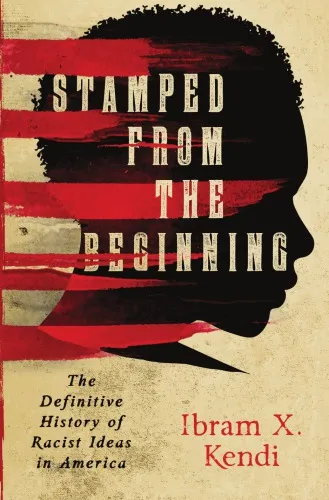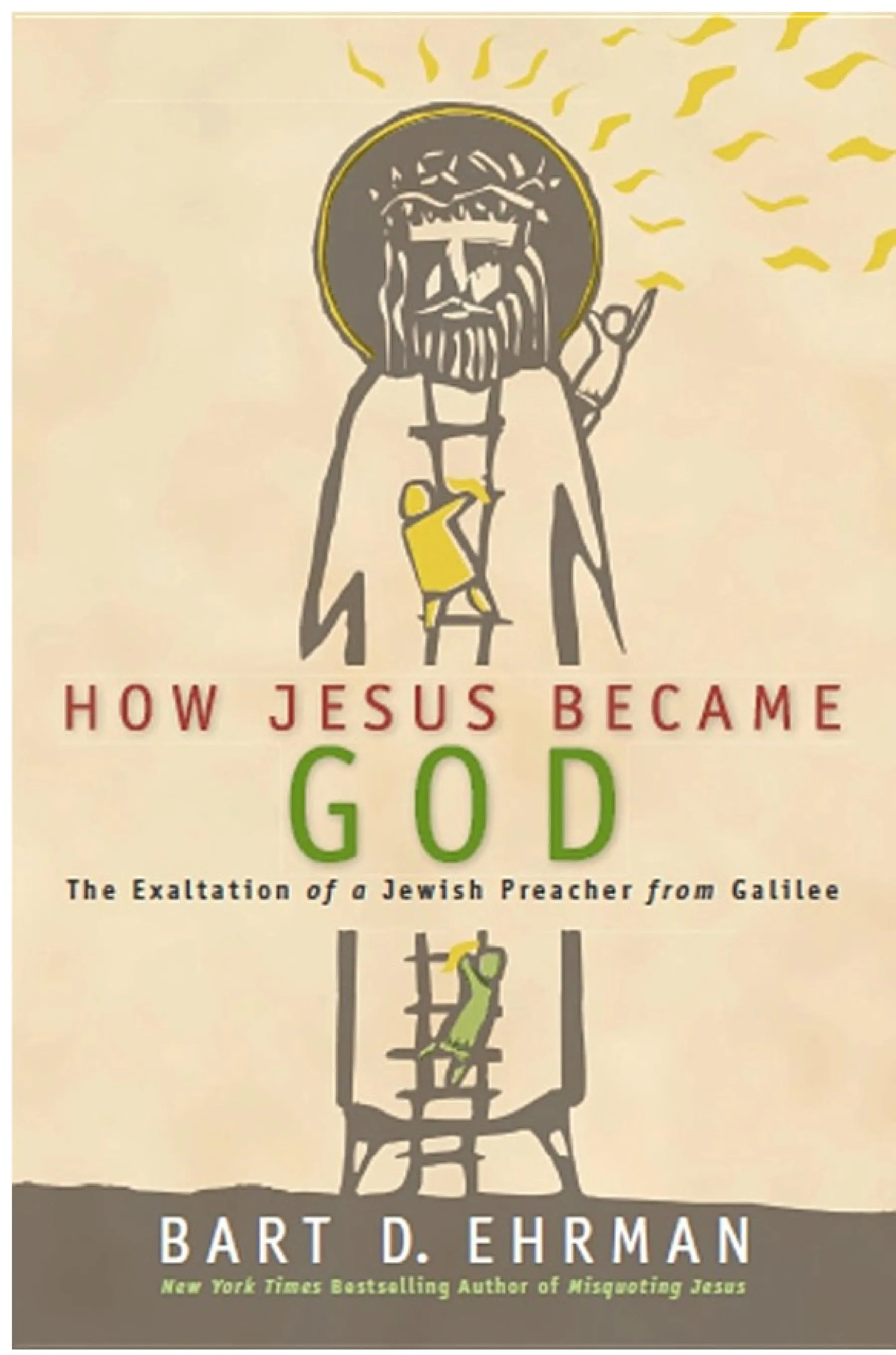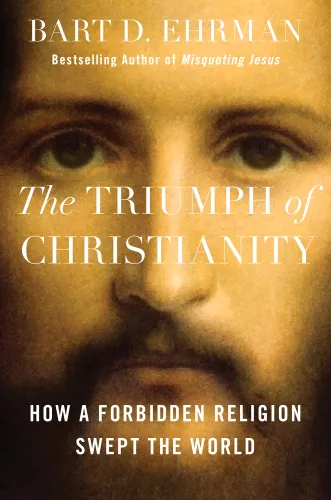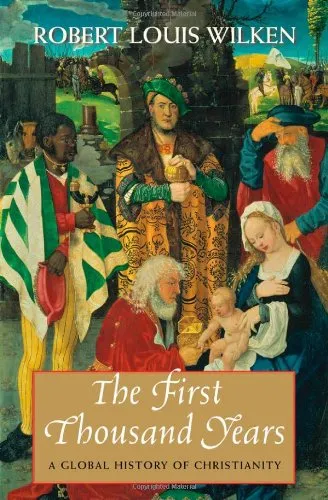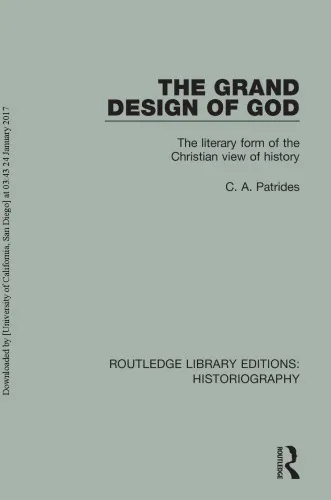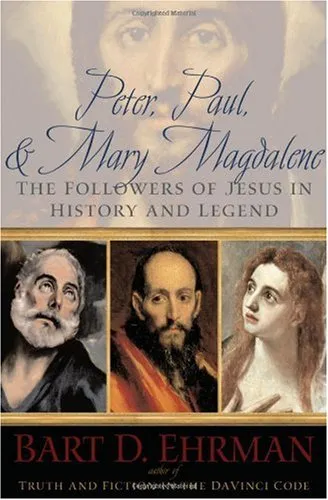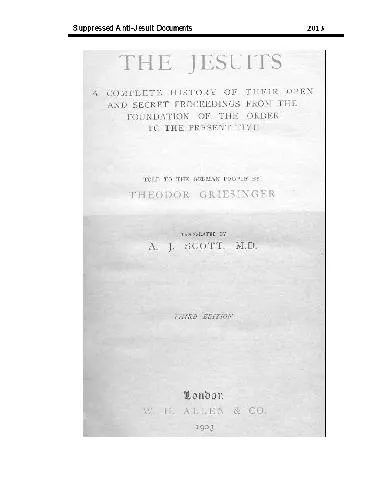Pagans: The End of Traditional Religion and the Rise of Christianity
4.2
Reviews from our users

You Can Ask your questions from this book's AI after Login
Each download or ask from book AI costs 2 points. To earn more free points, please visit the Points Guide Page and complete some valuable actions.Related Refrences:
Introduction to 'Pagans: The End of Traditional Religion and the Rise of Christianity'
In 'Pagans: The End of Traditional Religion and the Rise of Christianity', author James J. O'Donnell delves into the transformation of Western religious landscapes during the late antiquity period. This fascinating chronicle captures the decline of paganism and the ascension of Christianity, offering readers a thorough exploration of cultural, social, and religious shifts.
Detailed Summary
'Pagans' takes readers on a meticulously researched journey through ancient history, observing the intricate web of beliefs that characterized pagan practices. The book studies the multifaceted nature of these ancient religions, emphasizing their diversity and deep-rooted presence in societies from Rome to the edges of the Mediterranean.
O'Donnell illuminates how, alongside the edifice of paganism, the foundations of a new religion—Christianity—took root and began to spread. Through historical analysis, the author illustrates how the Christian narrative gradually overshadowed traditional religious practices, systematically reconfiguring belief systems and societal norms.
The narrative does not simply chronicle the fall of paganism, but also identifies why it waned and how it strategically—though often violently—competed with the emergent Christian ideology. O'Donnell traverses significant milestones, such as the Edict of Milan and the decisive support of influential figures like Constantine, exploring their roles in altering the spiritual and political realms of the ancient world.
Key Takeaways
- Complexity of Pagan Practices: The book uncovers the nuanced realities of pagan faiths, which were far from homogeneous, highlighting a grand tapestry of rituals and deities.
- Christianity's Strategic Growth: It explores the methods by which Christianity expanded, leveraging both grassroots and elite backing to outmaneuver existing religious traditions.
- Cultural Transformation: Readers gain insight into how this religious shift was not merely spiritual but an orchestrated cultural transformation that laid the bedrock for the modern Western world.
Famous Quotes from the Book
"The transition was not a simple victory march but a complex dance of politics, power, and persuasion."
"In the end, paganism did not 'die': it evolved and was subsumed, its rituals and ideas interwoven with the new Christian faith."
Why This Book Matters
'Pagans' is more than just a historical account; it is a compelling exploration of how the negotiation of power and belief shapes civilization. The book stands out because it invites readers to consider not only the overt transformations but the subtle continuities that accompanied this profound shift in religious and cultural ethos.
For scholars, history enthusiasts, and anyone interested in the origins of modern Western religious identity, 'Pagans' serves as a vital lens through which to understand the forces that molded societies long ago and continue to resonate today. By appreciating the book's in-depth analysis and nuanced narrative, readers can gain a greater understanding of how the legacies of both pagan and Christian traditions continue to influence contemporary thought and practice.
Free Direct Download
You Can Download this book after Login
Accessing books through legal platforms and public libraries not only supports the rights of authors and publishers but also contributes to the sustainability of reading culture. Before downloading, please take a moment to consider these options.
Find this book on other platforms:
WorldCat helps you find books in libraries worldwide.
See ratings, reviews, and discussions on Goodreads.
Find and buy rare or used books on AbeBooks.
1522
بازدید4.2
امتیاز0
نظر98%
رضایتReviews:
4.2
Based on 0 users review
Questions & Answers
Ask questions about this book or help others by answering
No questions yet. Be the first to ask!
